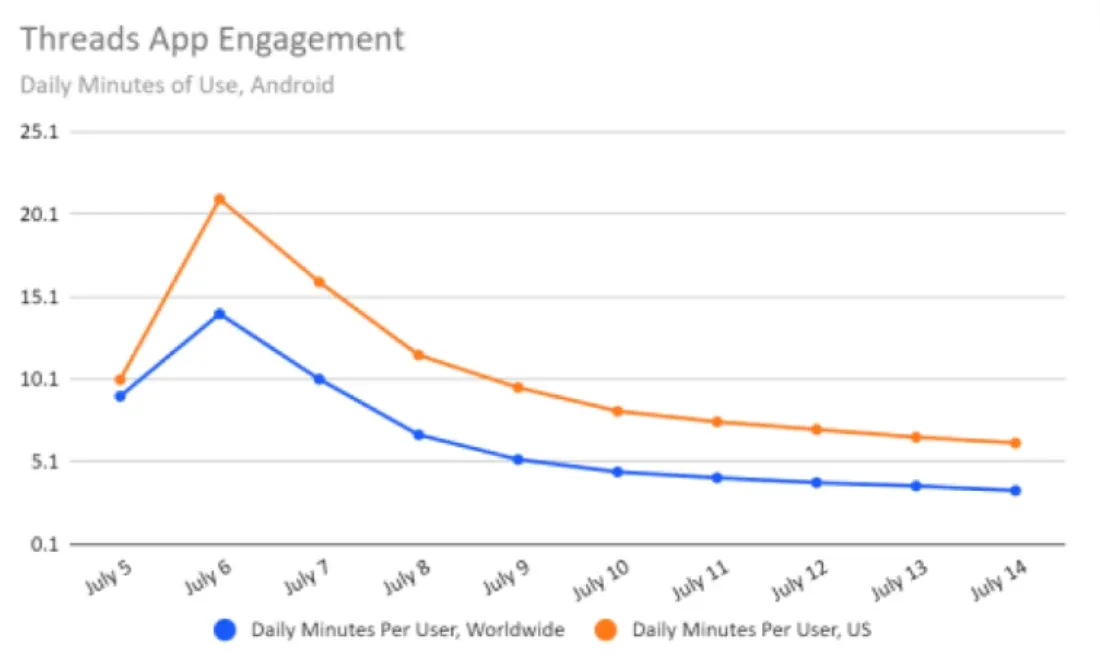
Dear Studio Fam,
The theme this week is “tech is hard.” Our usual coverage starts off with some hard science updates from South Korea involving new materials that might change how just about every piece of electronics equipment is made. We also take a look at the “hard treatment” of a Twitter user amidst Elon’s rebrand of his social network, and a hard metallic orb that is supposed to revolutionize identity on the Internet. Finally we look at a hard lesson Meta is learning about how not to grow a new social network.
Korean Scientists Claim Room Temperature Superconductivity Breakthrough

It’s not often that a breakthrough in materials science makes it to mainstream news. The periodic table is seemingly complete and the basic understanding of how elements interact with each other rarely gets an update. But this week saw the widespread reporting of an alleged breakthrough in superconductivity science that is making a lot of scientists and engineers excited by new possibilities of energy transmission and computing power.
If a substance achieves “superconductivity” it means that electricity can pass through it with zero resistance and generate a magnetic field. Traditionally, superconductivity has only been achieved by cooling a metal close to absolute zero (the lowest possible temperature). This requires complicated, bulky, and expensive cooling systems which limit the use of superconducting materials. The goal of achieving “superconductivity at room temperature” has long been theorized but limited to science fiction, until now.
A team of materials scientists in South Korea are now claiming they’ve developed a material that demonstrates superconductivity at room temperature. The most obvious application for this material, if it can be produced economically at scale, is to increase the efficiency of electrical transmission. More than 10% of the electricity generated by power plants is lost to resistance as it is transmitted through wires. Other use cases include making MRI systems and microprocessors more efficient. The alleged breakthrough has not yet been confirmed by third parties but if proven to be true it could revolutionize a number of industries and technologies.
Twitter Is Now X, Steals Username

Twitter has officially rebranded to X, its first major step towards achieving owner Elon Musk’s vision of creating “the everything app.” While the fundamental app identities have not yet been rebranded (you can still download “Twitter” from the App Store), the UI of each has been reskinned around the new X logo. Incidental to the rebrand, Twitter seized the username “X” from a longtime user without compensation, but did offer him some cool merch.
Sam Altman’s Worldcoin Orb Goes Global

Sam Altman has been in the news lately for his leadership of OpenAI, the makers of ChatGPT, DALL-E, and other generative AI tech that is allegedly supposed to revolutionize how people produce and organize information. But this week he’s in the news for the global rollout of his “identity and financial network for everyone”:, Worldcoin.
Worldcoin is a cryptocurrency that is associated with a real human being, ostensibly to solve the KYC issues that plague other cryptocurrencies with wash trading and fraud. Bitcoin wallets, for example, aren’t tied to a particular identity the way a standard stock brokerage account is so it’s possible for a small group of people to control thousands of wallets, trade crypto between them, and create the appearance of volume and demand where none actually exists.
Worldcoin is supposed to solve this issue by making users scan their eyeballs with a proprietary silver orb. Yeah, you read that right. A silver orb. By encoding a user’s retinal patterns onto the blockchain, the Worldcoin crypto network ostensibly creates a crypto ecosystem of exclusively verified identities. Scanning your eyeballs with the orb grants you a small share of Worldcoin, and grants access to the financial ecosystem it will enable (eventually).
A brief consideration of this concept makes sense. In a future that might be overrun with AI generated content powered by nefarious bots, being able to filter out the stuff not associated with a real identity might be useful. But centralized systems do this already (Twitter Blue just uses a credit card and traditional KYC infrastructure to confirm a user is real). And of course nothing would stop a verified WorldCoin user from generating content with ChatGPT or other AI tools.
The Worldcoin project got off to a troubling start in 2019 by testing the orb in Third World countries and promising the earliest adopters riches in return, according to the MIT Technology Review. Many early users felt cheated by the system which promised them payouts that were either too difficult or impossible to redeem into their local currency. And now it’s being investigated by regulators in multiple countries, including France and the UK, for violating those countries’ data protection laws.
There’s still no practical application of Worldcoin, so the newest users will just have to wait a bit longer for Mr. Altman to deliver.
Meta’s Threads App Sees Usage Decline

Mark Zuckerberg’s Twitter (X?) clone Threads saw phenomenal adoption earlier this month by piggy backing the sign up process on top of existing Instagram accounts. But the rollout of the Threads has presumably not gone as planned as daily active users have plunged 80% from their first week high, according to The Guardian.
Threads is now averaging about 12 million daily active users, compared to Twitter (X)’s 100 million. The Threads app’s focus on “friendly” content apparently doesn’t have the same pull as the frenetic and combative atmosphere of Twitter (X). And many Threads users still complain that they just don’t see the point of using another app to see written content from Instagram creators who are popular for their visual content.

